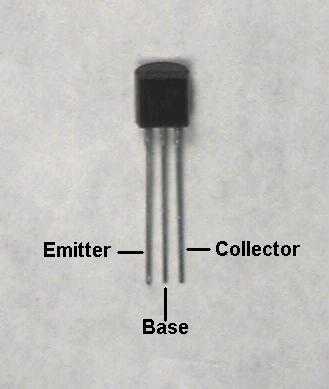I am a CPU designer. Let me provide a simplest explanation I can think of.
"All electrical energy is converted into heat."
You may ask; if all electrical energy is converted into heat, who provides energy for computation?
"All electrical computation dissipates heat energy."
In a CPU (or any other semiconductor circuit), electrical computation needs two things:
- A way to send information from one place to other (think wires)
- A way to act on information (think transistors)
Wires in real world expend heat energy because they have non-zero resistance; transistors also expend heat energy because electrons (and holes) bump into each other and atoms causing heat.
You may now ask: so my electric burner expends all electrical energy as heat but it doesn't compute. Why other way is true (computation expending heat energy).
This is because electrons flow in the burner randomly with no specific path (not useful for computation), but in a CPU electrons flow in a precisely defined path (useful for computation) dictated by HW/circuit design. Either way, electrons move around, causing heat dissipation. In other words, the only difference between a burner and a CPU is that former has no specific electrical path ways for electrons to flow and latter does; just because electron path ways are different, it is not a reason for latter to expend less heat energy.
Let's continue hypothetical questioning. Can we pick something very different from CPUs and see how they contrast? Let's imagine a parked car on road. If I push the car forward, the work done by me (the energy supplied by me) gets converted into two things: a) Car's new momentum and b) Heat due to tire/road friction. Wait a minute, you say, Car's momentum. Something physical I can see which happened solely because I expended energy towards it (minus heat/friction). The heat from friction is lost (just like CPU heat) but momentum generated is still useful (say charging electrical battery in the car during regenerating breaking). CPU's usefulness is in operating on some information (a certain arrangements of bits) and generating a set of new pieces of information (input and output binary bits); information is abstract though; not physical. Car's usefulness is in physical world. Information is for CPU while physical world is for cars. Both radiate heat when they do something useful for us but cars do one more thing: they physically move us around. What does CPU do in physical world beyond generating heat? Nothing. Just another way to see how CPUs convert all electrical energy into heat and nothing else.
Wait a minute, this actually means; I can use CPUs as burners? What if my electrical burner is instead a CPU and I put a cooking pan over it to cook dinner. You bet! You get two things: Food and Information computation with same energy cost! Just very expensive burner though!

1
processor only question: http://electronics.stackexchange.com/questions/79166/where-does-all-the-power-consumed-by-a-cpu-go
– Ciro Santilli 新疆改造中心法轮功六四事件 – 2015-06-25T05:39:41.317very good physics question :) – kokbira – 2011-04-27T17:39:50.667
Hei, my answer id deleted. It's the only correct answer. I know physics. C'mon. I am an electrical engineer here. – user4951 – 2012-07-25T10:41:55.000
1"only a percentage (albeit a large one) of the power consumption ends up in heat." is a bit of an understatement. For the computer enclosure (or for the CPU for that matter) it is 100% for all practical purposes. There is a tiny 'rest' amount in the form of radiation emanating from the device. For an LCD the monitor it is only slightly less because it emits light. – Jan Doggen – 2014-02-07T15:58:35.103